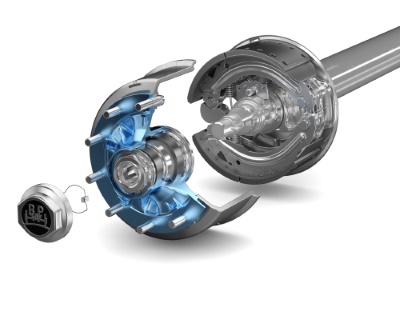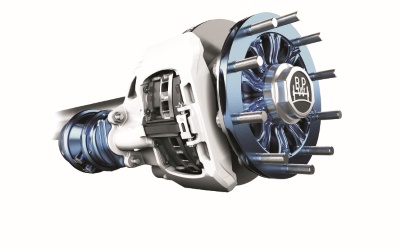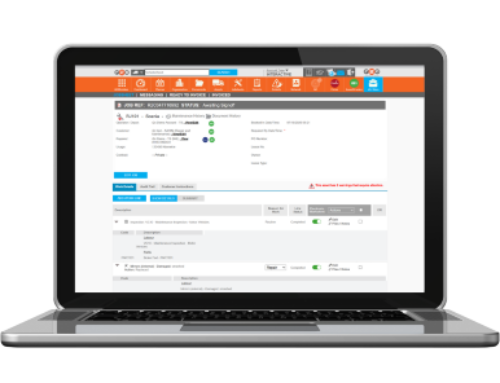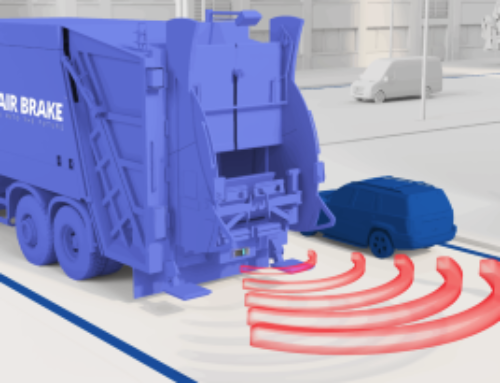Drum or disc? Choose wisely, says BPW
 BPW has highlighted some of the factors to consider when choosing between drum and disc brake systems.
BPW has highlighted some of the factors to consider when choosing between drum and disc brake systems.
“Keeping vehicles on the road and not unnecessarily in the workshop is key to a successful operation,” said the company.
“That’s why, when developing its braking systems, BPW has invested heavily. The result is high-performance, low-maintenance equipment designed to keep downtime to an absolute minimum and customers’ vehicles on the road for longer.”
Trailer and tractor compatibility, as well as a vehicle’s working environment, are critical factors to performance and should be considered when selecting the brake for your operation, BPW advises.
“But remember, if you’re debating whether to go drum or disc, there is no clear, black-and-white answer. Everyone has an opinion. We’ve highlighted some key points so you are better informed when making that decision.”
Cost is a major factor when buying, and in most cases it is one of the first considerations in deciding whether to fit BPW drum or disc brakes, the company says.
“As well as the purchase price, you should consider the cost of replacement parts, maintenance costs, and labour time, i.e., long-term cost effectiveness,” it continued.
 “While a disc brake has fewer replaceable components than a drum brake, the initial cost of purchasing a disc brake set-up is, on average, higher.
“While a disc brake has fewer replaceable components than a drum brake, the initial cost of purchasing a disc brake set-up is, on average, higher.
“The long-term advantage is that with modular components, there is less to replace, therefore servicing time is reduced. The cost of replacing modular parts for a disc brake is much higher when compared with a drum equivalent, with the caliper and disc accounting for the large majority of the cost.
“When comparing standard BPW servicing and maintenance times for replacing equivalent components, the difference is negligible, and, of course, the standard times are just a guide. Experience would be the deciding factor when comparing the labour time to change components.”
As a result of the higher cost of disc brake components, the drum brake residual value is deemed higher, says the company, particularly when fitted with BPW axles.
“At the end of the trailer’s useful life, the owner may wish to sell it, and with the market favouring drum brakes, this will be easier. Another purchasing consideration when buying used trailers is the cost to renew components that have had a long service life, and, as mentioned previously, drum brake components cost less to replace.”
Choosing the right brake is dependent on the day-to-day operation of the trailer, BPW says.
“The BPW disc brake has better braking efficiency at higher temperatures and is less likely to be subjected to brake fade issues. This is because as the disc increases in temperature, it expands toward the pads.
“When the drum becomes excessively hot, it expands away from the shoes and on rare occasions, can expand to the point where, no matter how far you press the brake pedal, the shoe will not make good enough contact with the drum to stop the vehicle in time. However, with the fitment of retarders / exhaust brakes, this issue is very rare in the UK.”












